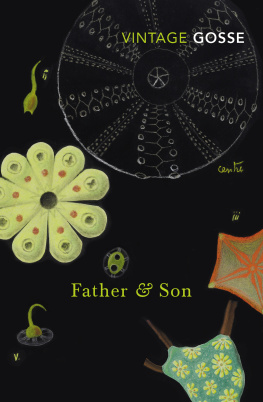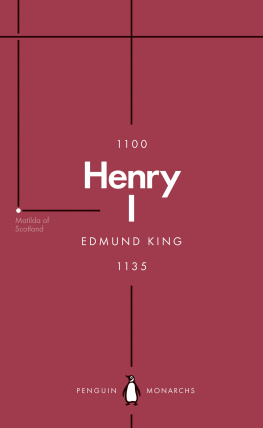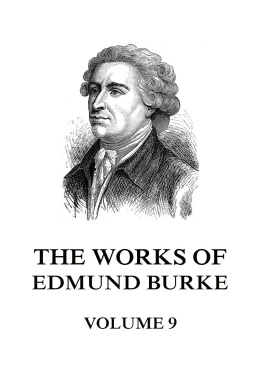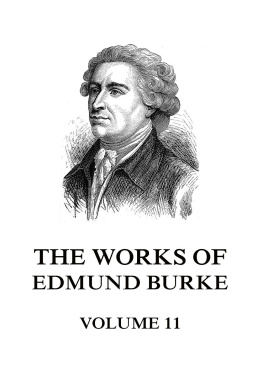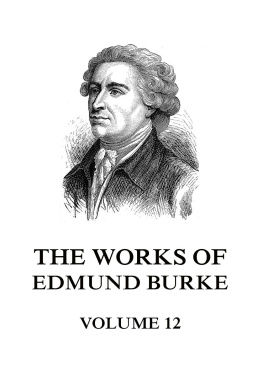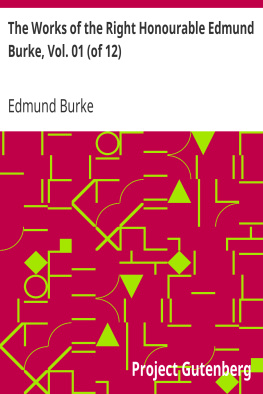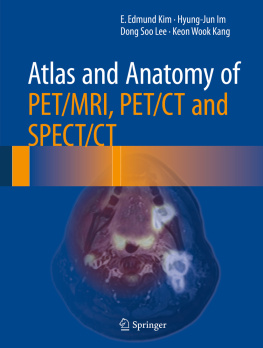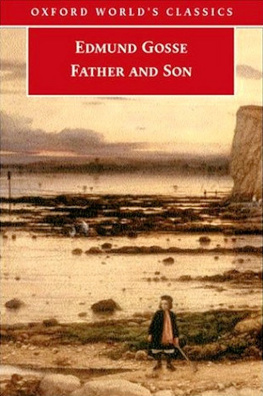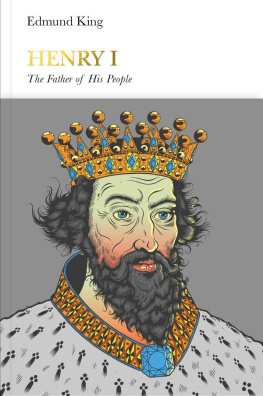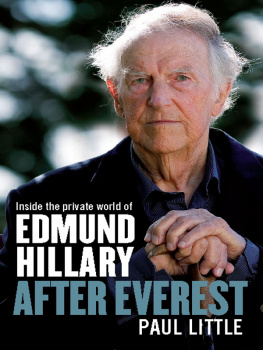Contents
About the Book
The classic of memoir of inter-generational strife, with an afterword from author of The Essex Serpent, Sarah Perry and an introduction from Anthony Quinn
Subtitled a study of two temperaments Edmund Gosses childhood memoir tells the often fractious, often comic story of Gosses relationship with his authoritarian father. A pioneering naturalist and marine biologist, Philip Henry Gosses strictly religious worldview is brought into crisis by the discoveries of Charles Darwin and the death of his wife and Edmunds mother Emily. As Edmund breaks away from his fathers influence, the evolution from one epoch to the next is described in all of its struggle, humour and glory.
About the Author
Sir Edmund William Gosse was born in 1849 to the Naturalist Philip Henry Gosse and the poet and illustrator Emily Bowes. Gosse was raised within the devout Protestant Sect, the Plymouth Brethen, and after the death of his mother, Gosses father struggled to reconcile his faith with the increasing evidence for Darwins theory of evolution. The psychological struggle to break away from his fathers influence formed the subject of his 1907 biography, Father and Son. A poet and a critic, as well as the librarian of the House of Lords library, Gosse wielded considerable influence in the art world of the early 20th century, and was instrumental in introducing the works of Isben to the English-speaking world. Gosse was knighted in 1925, three years before his death in 1928.
ALSO BY EDMUND GOSSE
Poetry
Madrigals, Songs, and Sonnets
On Viol and Flute
King Erik
New Poems
Firdausi in Exile
In Russet and Silver
Collected Poems
Hypolympia, or the Gods on the Island
The Autumn Garden
Non-fiction
English Odes
Gray
Seventeenth Century Studies
Life of Thomas Gray
Life of William Congreve
A History of Eighteenth Century Literature
The Life of Philip Henry Gosse, F.R.S.
The Secret of Narcisse
The Jacobean Poets
Life and Letters of Dr John Donne, Dean of St Pauls
Gossip in a Library
A Short History of Modern English Literature
Illustrated Record of English Literature
Jeremy Taylor
Life of Sir Thomas Browne
French Profiles
Two Visits to Denmark, 1872, 1874
Portraits and Studies
Collected Essays
Inter Arma
The Life of Algernon Charles Swinburne
Three French Moralists
Some Diversions of a Man of Letters
Malherbe and the Classical Reaction in the Seventeenth Century
More Books on the Table
Introduction
In literatures overgrown cemetery lie graves beyond number of men and women whose names once flared during their lifetime and now languish in cold oblivion. The writer and critic Edmund Gosse enjoyed a long life (18491928) and a busy career, but his refined style quickly dated and on his death his work fell into neglect. His would be among those unvisited tombs today had he not written one astonishing thing, his memoir, Father and Son. It is in every way a sensational book sensational in its boldness, in its disclosure, and in its impact. When published in October 1907 such was its authors trepidation that at first it appeared anonymously. Once assured of its reception Gosse appended his name, and the books reputation grew steadily. In a letter to the author in February 1908 the American scholar Howard Furness declared it the best you have written and the most enduring, a shrewd judgement, and a prescient one.
It is difficult for a modern reader to appreciate quite how much courage it took Gosse to write this book. In the twenty-first century the confessional memoir is a commonplace, and a matter of entitlement; indeed the urge to reveal, to turn ones private life inside out, has become almost pathological. Father and Son is subtitled a study of two temperaments, his own and that of his father, Philip, a renowned marine biologist and a fanatical Calvinist. Their relationship would become a struggle of wills, which in an age of repression and filial obedience was fraught enough in itself. That the son then wrote an intimate and agonised account of that struggle would, and did, offend readers still attached to the old proprieties. Gosse was born a Victorian, and was himself vulnerable to the blind spots of his age. He condemned E. M. Forsters Howards End, for instance, as vile and obscene for its depiction of an unwed lady with child. But he also straddled the modern, and if he felt bound to honour his father and his mother he was also determined to pursue the emotional truth of his upbringing to honour his vocation as a writer.
Gosse had in fact already written a biography of his esteemed parent, The Life of Philip Henry Gosse FRS, in 1890. Fifteen years later, at the urging of a friend, he decided to recast the story from his own perspective, adopting a first-person narrative that embraced the period from his birth to his flying the family nest, aged seventeen, for London. So Father and Son breaks new ground in life-writing, being neither straight biography nor autobiography but what Peter Abbs has called an experimental form combining both. One may detect a slight nervousness in the authors throat-clearing Preface as to what his book will actually constitute. He informs us that it is offered as a document and the diagnosis of a dying Puritanism; a paragraph later it is the narrative of a spiritual struggle, and now a genuine slice of life that mixes comedy and tragedy. Already the books identity is shifting, and it has not even begun. Comedy and tragedy, though, are very soon established as the contrasting keys of the narrative music, handled at times with such delicacy that the one can hardly be distinguished from the other. In short, it is one of the funniest books I have ever read, and one of the saddest.
Gosses parents, both Plymouth Brethren, were neither of them young when they married he was nearly thirty-eight, she was forty-two. Emily Gosse wrote religious verse and was possessed of a will like tempered steel. She is the more vivid parent in the early stages of the book, a gifted storyteller who suppressed that instinct on the grounds that a fictitious narrative was a sin. Gosse discovered after her death a secret diary she kept in which she laments this passion for inventing stories, without ever explaining why. He wonders in retrospect if she might have become a novelist. Something of her talent was clearly handed down to the son, whose droll and oddly mischievous voice bewitches us, especially in the remembrance of his fledgling years. Devoted to their evangelical work, his parents left the young Edmund to his own devices, though he had no companions and claimed never to have spoken to another child until he was eight.
Disaster struck the family in 1856 when his mother was diagnosed with cancer. Three times a week she travelled from their home in Islington to Pimlico for treatment, an arduous journey perhaps lightened by the company of a pertly inquisitive seven-year-old who believed himself his mothers protector. Harrowed by pain though she was, Emily Gosse continued to preach the Lords word to passengers in whatever train or omnibus they happened to find themselves. The son closely observed his mothers missionary zeal and imitative imp that I was would sometimes take part in these bizarre conversations and thrill to compliments paid to his infant piety. When they moved to lodgings close to the doctors house he became his mothers sole companion and witnessed her excruciating decline, yet even here he is pleased to recall an amusing incident in which he gave his temporary minder (Blind leader of the blind!) the runaround. At the last his mother showed honesty as well as bravery: urged to confess her joy in her imminent communion with the Lord she replied, I have peace, but not

